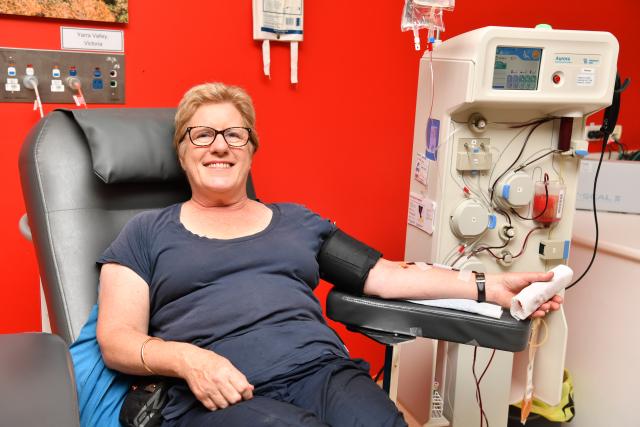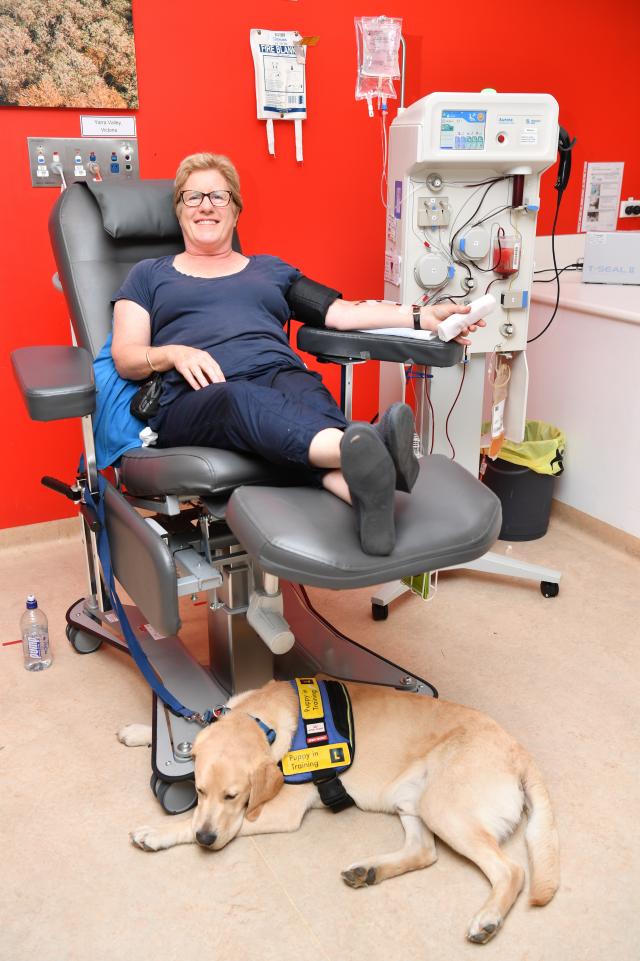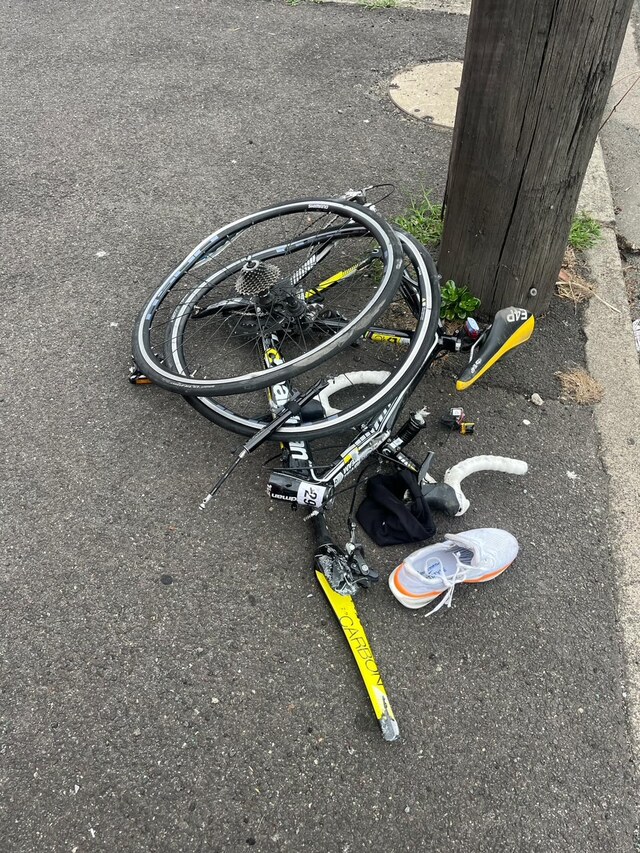Australian Red Cross Lifeblood is putting a call out for new and former blood, plasma and platelets donors across the western and northern suburbs of Melbourne to step up as cancellations remain at 50 per cent and need for blood products is the highest it has ever been, as Matthew Sims discovers.
Lifeblood donor services executive director Cath Stone said the past two years had been difficult for the organisation.
“It’s definitely pretty challenging at the minute and probably has been since the start of the pandemic,” she said.
“As lockdowns have eased off … donors have found other places to be, people have been sick with COVID, they’re now getting sick with the flu, flying and visiting relatives.
Ms Stone said there have been a number of shifts coming out of the pandemic in terms of the availability of donors to come in and donate.
“What we’re seeing during the pandemic is certainly a change in the seasonal behaviour of our donors,” she said.
“There hasn’t been a lot of cold and flu the last couple of years because we’ve all been locked down.
“We know we’ve got, I think, a particularly challenging winter ahead of us.”
Ms Stone said while demand requirements were about 29,000 a week two years ago, the organisation now required about 33,000 donations a week.
“That jump has been quite astronomical in the last couple of years,” she said.
“What we are keeping an eye on is just that ongoing demand as people are still catching up on the surgeries that they deferred during the lockdowns.
“Our need for whole blood is the highest level that we’ve seen it in over 10 years.”
Ms Stone said the organisation aimed to have three days of supply of all blood types in their manufacturing centre in Melbourne’s west.
“We hold it so that we can meet patient demand at the minute,” she said.
Ms Stone said 11 million Australians were currently eligible to donate but just 500,000 donate blood, plasma or platelets.
“We would like to grow that number this year by about 150,000 new donors to really help ease off some of the pressures, particularly on our whole blood donors,” she said.








